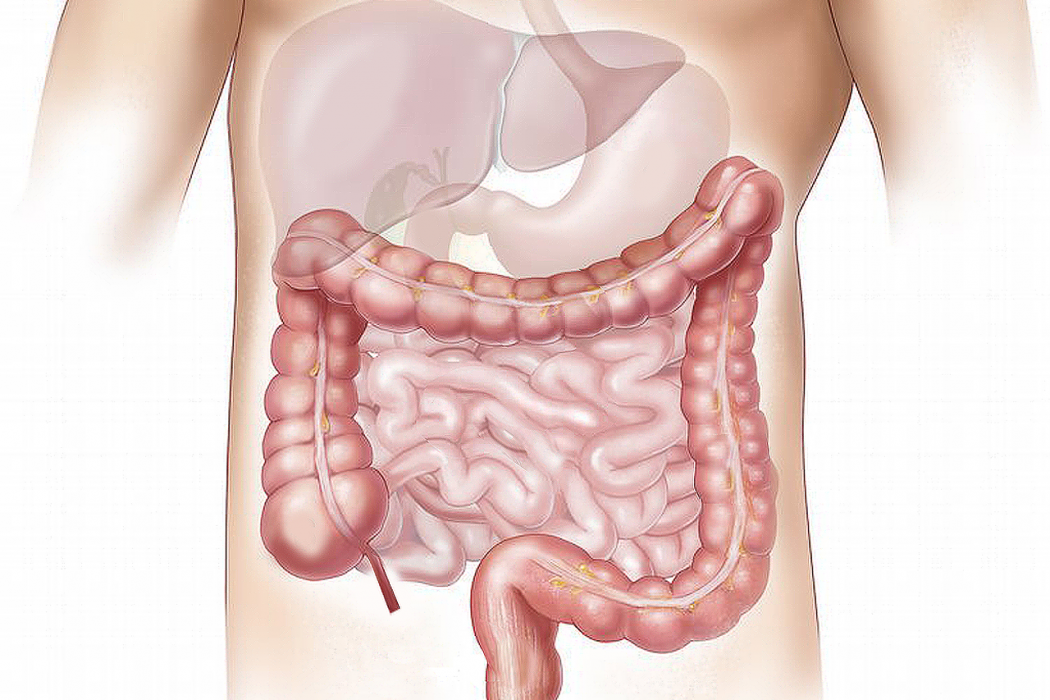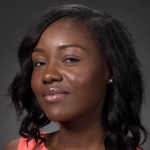I recently had the opportunity to interview Dr. Valentine Nfonsam, an associate professor with The University of Arizona Department of Surgery, Division of General Surgery, Section of Surgical Oncology specializing in colon and rectal surgery, colorectal oncology and complex pelvic floor disorders. Dr. Nfonsam is also the director of the General Surgery Residency Program at Banner University Medical Center – Tucson.
During this intriguing discussion, he shares a view into his daily routine. Here is an excerpt from the day in the life of an academic & colorectal surgeon:
A typical day for Dr. Nfonsam begins at 5am; unlike most of us, he has mastered the ability to avoid the snooze button. He proceeds to the office where he plans the day ahead and takes a “look through [his] to-do list and prioritize what [he’s] going to do for that day.” He performs rounds on his patients at 6:45am, and how the day progresses from then depends on what is on his schedule for that day. The progression for the remainder of the day varies based on the status of his patients during rounds and the activities scheduled for that day.
Mondays
Every other Monday, he attends a multidisciplinary inflammatory bowel disease (IBD) conference at 7am. This conference involves gastroenterologists, pathologists, radiologists, and surgeons who care for patients with IBD.
Agnes Ewongwo (AE): Are these conferences typical for all colorectal surgeons?
Dr. Valentine Nfonsam (VN): Yes. They are typical for any surgeon that provides care to patients with IBD.
He works at his outpatient clinic, rounds on his patients at the hospital, and attends meetings in the evening pertaining to his role as the residency director.
VN: On an average Monday, I am usually home at 8-9pm.
Tuesday
Tuesdays are generally spent in the operating room. He arrives at the hospital at 5:45am to perform rounds on pre- and post-operative patients. He then begins surgery at 7am. Depending on the number of cases, he “might operate until 12am or 2am at times.”
AE: Are your cases standard? How often do you experience complex/unexpected circumstances?
VN: My cases are more challenging because I am in a university setting; the patients referred to me need a higher level of care due to their significant comorbidities.
He then continues to state that every so often he receives “bread-and-butter cases”—his description for more routine and less complex cases
Wednesday
Consist of conferences (morbidity and mortality conference, which he runs), grand rounds, and didactics (teaching sessions) for general surgery residents. This is another clinic day followed by meetings and rounding on patients in the evening.
Thursday
Administrative day. He also attends a multidisciplinary conference for Colon & Rectal Cancer to “review/discuss complex patients with colon cancer to provide the best management options for the patient.” Participants in this meeting include: a medical oncologist, radiologist, surgeon and a pathologist.
Friday
Another day spent in the operating room consisting of cases that medical students dream of observing.
AE: Could you discuss the work/life balance and quality of life involved in the field of colorectal surgery?
VN: In order for you to effectively take care of patients, you have to care for yourself. Quality of life is very subjective to the individual. The field of surgery is very stressful and requires you develop mechanisms to avoid stress in your life. For me, this involves exercise, carving out time for family, friends (he jokes about losing all his friends during his training), and late mornings (which he describes as waking up at 7am) every once in awhile. As a physician, the most important thing is how you treat your patients . . . I want to treat every patient like I would want my family member to be treated ALL the time—even when things aren’t working out for me.
AE: What is your favorite part of being a colorectal surgeon?
VN: Helping patients afflicted with cancer navigate the journey of either recovery or ultimate death.
He pauses, then recollects one of his favorite patients—a 30-year-old female diagnosed with colorectal cancer at age 24 who ultimately lost her fight against cancer. He describes their relationship as “close, filled with trust, care, and mutual respect.”
AE: What is your least favorite part of being a colorectal surgeon?
VN: I wish we could have better support for patients that lack opportunities or strong family support. I wish we could have a more comprehensive way of supporting these patients. I wish that as a society, we could provide more assistance to patients who lack access to healthcare, especially for patients afflicted with cancer diagnoses. I have seen patients transition from having a curable disease to an incurable disease because they lacked health insurance.
AE: Any final pearls of wisdom for the new MD graduates as they prepare to begin residency?
VN: In life there are two variables: the variable you can control and the one you can’t control. Maximize the variables you can control because in doing so, people will take note and reach out to you. Relying on the variables you can’t control means relying on people—this sets you up for disappointment.
Thank you so much, Dr. Nfonsam. As students and scholars, we appreciate your continuous support and investment in the training and success of medical students and residents.
Agnes Ewongwo is a third-year medical student at The University of Arizona College of Medicine – Phoenix. She graduated with a Bachelor of Science in Physiology with minor in Africana studies and biochemistry from The University of Arizona, Tucson. Agnes is captivated by the complex realm of medical technology and passionate about the intersection of research, culture, policy, and humanism in the practice of medicine. She hopes to explore and merge these different areas throughout her medical training and beyond.


